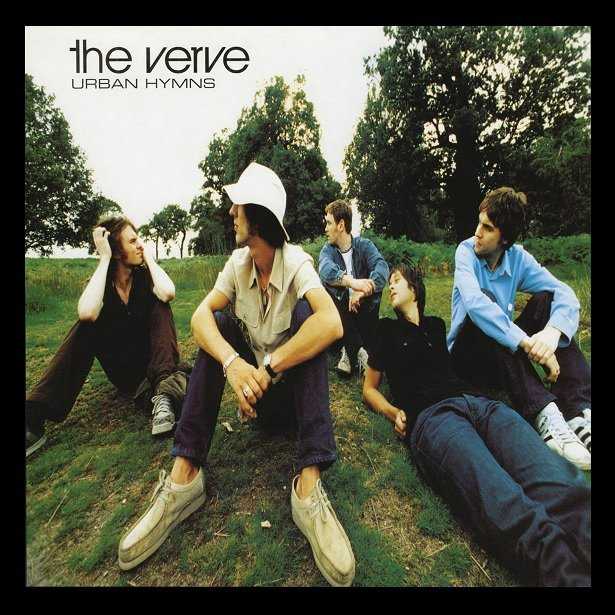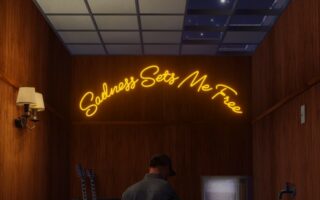Sometimes you simply have to take things at face value. The UK’s summer of 1995 will remain one whose memory is formed from disparate musical strands, from Timeless to The Bends, but during its long, hot summer only one record seemed to matter very much: it was Oasis (What’s The Story) Morning Glory?, a triumph of hubris and a caravan of the sort of brash new patriotism which for the chattering classes was changing the nation’s perception of itself.
By the time its follow-up was released two years later, the mood of buoyant cultural frippery had all but evaporated; the army who’d connected with Wonderwall and Champagne Supernova may have swept new politicians into power, but the conjunction of art, style and housing estate suss which had been their vehicle was now gone, with the hangover already kicking in.
The situation was complicated by the fact that What’s The Story’s… reigns were taken up not by the fractious Gallagher brothers; the garish appropriations of Be Here Now were narcissistic sheep in wolves clothing, ponderous chaff in the mould of the supercilious drugs that inspired them. Instead, the mantle passed to one of their circle in Richard Ashcroft, the wide eyed stick man they’d made famous on the epic mercy of Cast No Shadow.
Urban Hymns was at the end of a by far straighter line to their second album, created in concept by Ashcroft in a west country flat using just his bare hands and mind respectively. A surrender to classic songwriting in every sense, the listener is left to wonder what might have been had a fling with Bernard Butler in its Protean phase become consummated, but even that tantalising prospect is blown away by the the final product’s everyman narration, a powerful, common denominator shell which The Verve as an entity briefly constituted.
Even with the benefit of hindsight and familiarity Urban Hymns’ kernel still dazzles; Sonnet, The Drugs Don’t Work, Bittersweet Symphony and Lucky Man are as prosaic as they are ambitious, bold campfire songs for a generation weaned on an establishment tit. To achieve this, Ashcroft took the plain of his voice and bent it around the newly accessible sense of melody he’d coined, the outcomes poised and straight, creators of moods rather than their reflectors.
He also was able to look back with an informed sense of perspective. Whereas the Gallaghers left themselves open to criticism by being defiantly unabridged – via the blinking near self parody of She’s Electric, Roll With It – here the conductor gambled less, with the idling country soul of One Day, Catching The Butterly’s tumbling psychedelia and the drenching mantra of Weeping Willow all watermarks as equally high concept stablemates.
Two decades later, for once the debate about a heritage release’s absolute reason to exist is null and void – Urban Hymns deserves to be heard ubiquitously, not just because it’s everything Be Here Now wasn’t, but also because it’s such a rare example of a band successfully grafting meaning onto execution.
Any other doubts are headed off by the sheer extent of this release’s curation, the main alternate versions being 5 CDs plus a live performance DVD from the band’s Alma mater show at Wigan’s Haigh Hall, or a gigantic 6LP vinyl box set. In amongst the b-sides, remixes, session versions and other ephemera is more context via the inclusion of the fly on the wall documentary The Video 96-98, which covers the period of the album’s creation up to their triumphant hometown show.
Collected, this wealth of material highlights the oscillating journey The Verve undertook to arrive at the cusp on which Urban Hymns is mounted, a wayplace from which they spoke briefly to a generation needing the kind of solace it provided.
Follow-up albums never came better than this.




